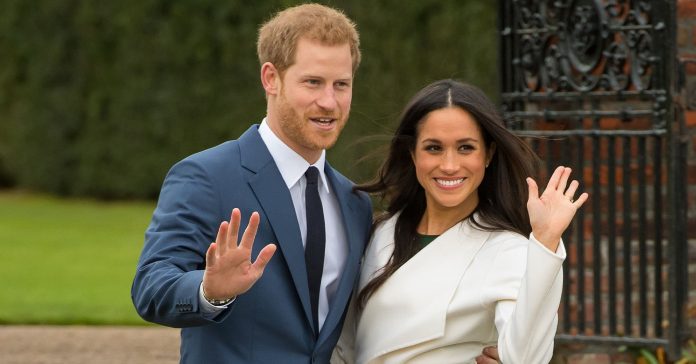[ad_1]
An inordinate number of Americans are fascinated by the British royal family.
Prince William and Kate Middleton’s 2011 wedding attracted nearly 23 million viewers in the U.S. Estimates suggest 33.2 million Americans tuned in to watch Princess Diana’s funeral in 1997, and 17 million watched her wedding to Prince Charles in 1981. The first episode of “The Crown” Season 2 drew in 3 million U.S. viewers during its first three days online, and coverage of all things Prince Harry and Meghan Markle frequently tops lists of trending news articles.
HuffPost spoke to psychologists and royal family experts to figure out why such mania exists ― and if it’s healthy to be so fascinated by the lives of the British royals.
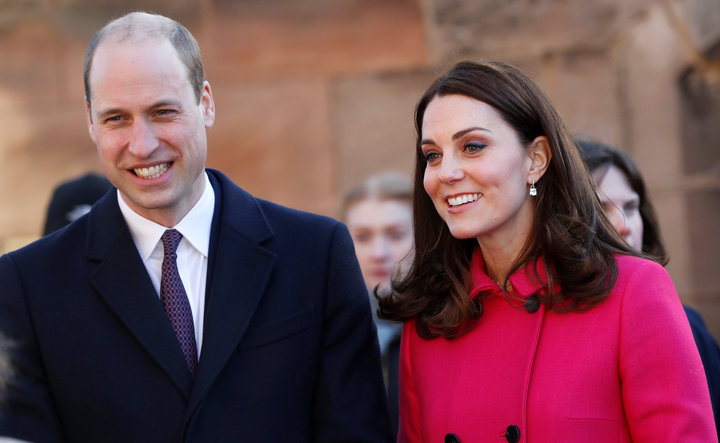
Experts say it’s fine to have an interest in the monarchy ― within reason.
“Keeping it as a hobby is OK. Being obsessed to the point that you are spending a lot of time, not living your own life is harmful,” said Dr. Sudeepta Varma, a psychiatrist and clinical assistant professor at NYU’s Langone Medical Center.
Varma explained that many people develop a longing to be a celebrity or be with one, which can be problematic.
“We may project superhuman traits onto them and feel we are coming up short. I caution that this can lead to depression, anxiety, sleep issues, as well as eating disorders and body image issues with overidentification,” she said. “It also leads to increase in plastic surgery requests which can open up whole can of worms ― wanting to be like your favorite celeb.”
Varma cautioned against spending too much time looking at celebrity content on social media. Overuse of social media has been linked to poorer mental health in general, she said.
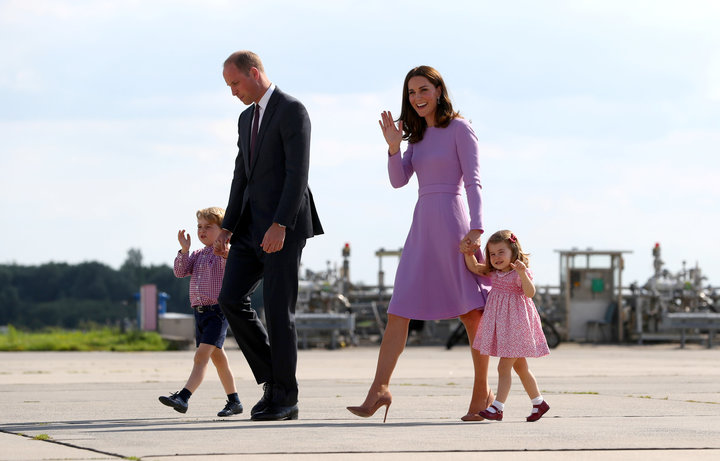
Donna Rockwell, a licensed clinical psychologist in New York and Michigan, also said it’s important to stay realistic.
“When you’re obsessed with the life of a celebrity and you project your notion of their perfect reality onto them ― which is never true ― that can be incredibly dangerous,” she said, noting that it can lead people to set impractical or unhealthy expectations for themselves.
“We can get lost in the lives of celebrities and lose sight of our own lives,” she said.
Jeff Rudski, an associate professor of psychology at Muhlenberg College in Pennsylvania, said people who have researched behavioral addictions have divided the components into “engagement” and “disruption.”
“Being engaged with the royal family would be simply choosing this out of many different forms of entertainment (and we are all entitled to some leisure time and flights of fantasy),” he said. “Disruption is where it would become problematic.”

Basically, your interest in the royals is OK unless it’s getting in the way of other things. You might have a disruptive relationship with the royals if you spend too much money on memorabilia, neglect your work to follow news about the monarchy, or have loved ones tell you your obsession is interfering with your relationships. (Consider seeking help from a mental health professional if your interest in the British royal family ― or any other cultural phenomenon ― is bordering on obsession and disrupting your everyday life.)
“Otherwise I’d say ‘enjoy the show.’ Some people get their entertainment through watching sports. Others through Instagram or Facebook,” Rudski said. “Reality television has grabbed our attention, and people watch such shows with devotion. The royal family is one of the longest-running reality TV shows in history.”
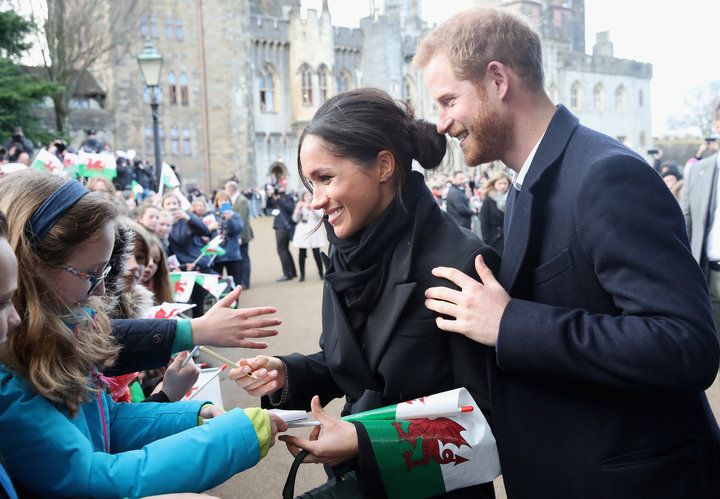
In fact, Rudski added, fandom can be beneficial.
“It gives a sense of connection to others who are also fans,” he said. “We form in-groups and out-groups very easily. … By being a fan, you now share an in-group with people all over the world.”
Rockwell said there are other potential benefits to following and respecting the royal family in particular.
“In history classes it’s always been promoted that certain figures in history are heroes and they become role models for children,” she said, adding that her admiration for Marie Curie influenced her interest in pursuing science.
The British royals can serve as examples of how to navigate through tough times and live a healthy life, said Rockwell, pointing to Prince William and Prince Harry’s vulnerability in talking about the loss of their mother.
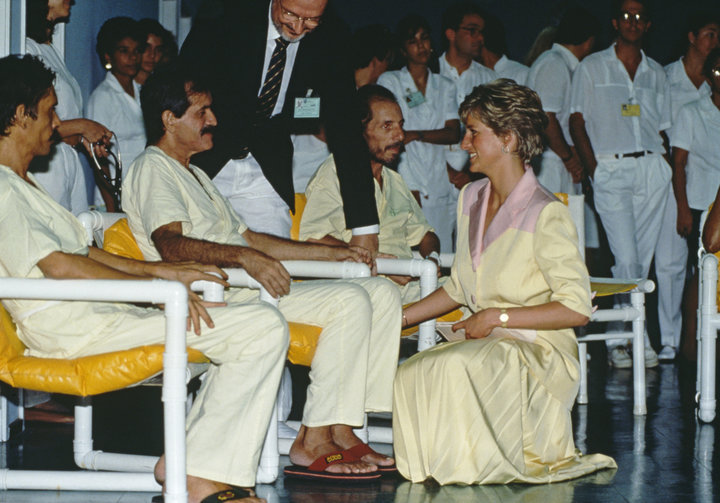
The royal family has also raised awareness around a host of issues that are sometimes considered taboo, including hyperemesis gravidarum, AIDS and mental health.
“Something that the current generation of royals is increasingly realizing ― and this is indebted to Princess Diana ― is that the royal family can be a platform for incredible social good and to really push issues into the limelight, challenge people’s preconceptions or prejudices,” said Arianne Chernock, an associate professor of modern British history at Boston University.
“And so in that way, [people’s interest] could be a source for real progress and change. It really depends on what people do with their fascination,” she added.

Chernock said fascination with the royal family is part of “a cyclical process”: The interest helps strengthen the monarchy, which in turn creates more interest.
“Of course they’re trying to keep the monarchy relevant to those who fund it and sanction it. But a secondary outgrowth of that is that the the brand has become more popular and accessible globally. And that can only benefit Britain,” she said, pointing to a study touting the economic benefits of monarchy. “A lot of it is from tourism, the memorabilia and products churned out in conjunction with these major royal events like births, weddings, and jubilees.”
But this can be a good thing, Chernock said, especially for people from the United Kingdom.
“When you look at a Britain as a nation and an identity, it’s facing a lot of divisions about what it means to be British now and in the future,” she said. “People recognize that the crown is one of those stable enduring traditions that people can point to about what it means. It’s become kind of a common denominator, so there’s a pragmatic sense of acceptance or tolerance.”
[ad_2]
Source link





















